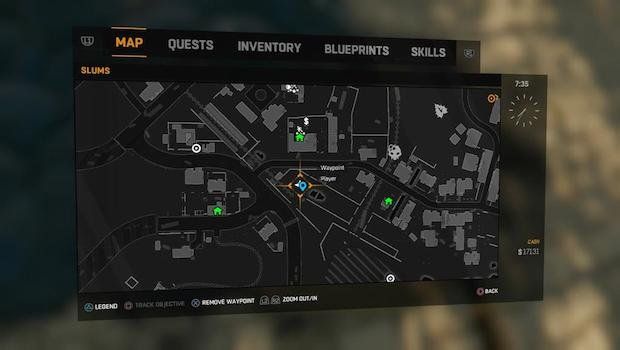


“It’s been used, progressive bee-sting therapy,” Don says. “What have you heard about sticking your head in a beehive?” This on a Tuesday afternoon, from a heavyset man suffering from arthritis and an acute desire to find low-cost treatment. Customers don’t line up at a discreet distance, the way city folk do in Nucla they crowd the counter and talk loudly about health problems. Next to the game heads is the pharmacist’s counter. It consists of a few rows of grocery shelves, a gift-card rack, a Pepsi fountain, and a diabetes section, which is decorated with the mounted heads of two mule deer and an antelope. Some people drive eighty miles just to visit the Apothecary Shoppe. In the past, such stores played a key role in American rural health care, and this region had three more pharmacies, but all of them have closed. It’s as if something about the landscape-those endless hills, that vacant sky-makes a person appreciate the intimacy of a Ford F-150 cab.ĭon Colcord has owned Nucla’s Apothecary Shoppe for more than thirty years. When old ranching couples drive their pickups into Nucla, the wives leave the passenger’s side empty and sit in the middle of the front seat, close enough to touch their husbands. The nearest traffic light is an hour and a half away. Highway 97 dead-ends at the top of Main Street the population is around seven hundred and falling. More than a century ago, Nucla was founded by idealists who hoped their community would become the “center of Socialistic government for the world.” But these days it feels like the edge of the earth. The pharmacist is Don Colcord, who lives in the town of Nucla. In the southwestern corner of Colorado, where the Uncompahgre Plateau descends through spruce forest and scrubland toward the Utah border, there is a region of more than four thousand square miles which has no hospitals, no department stores, and only one pharmacy.


 0 kommentar(er)
0 kommentar(er)
